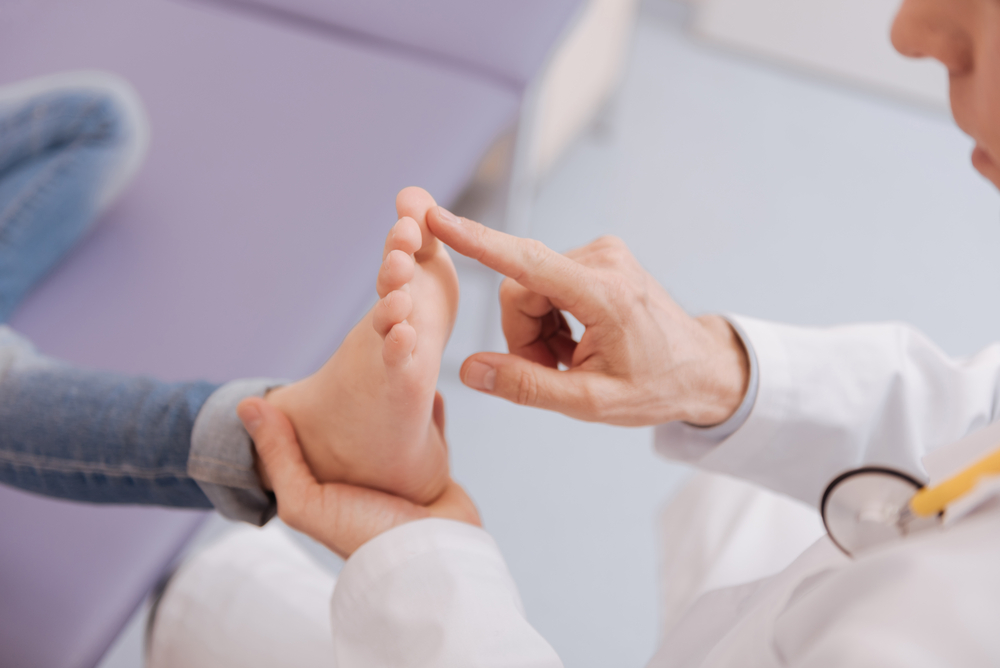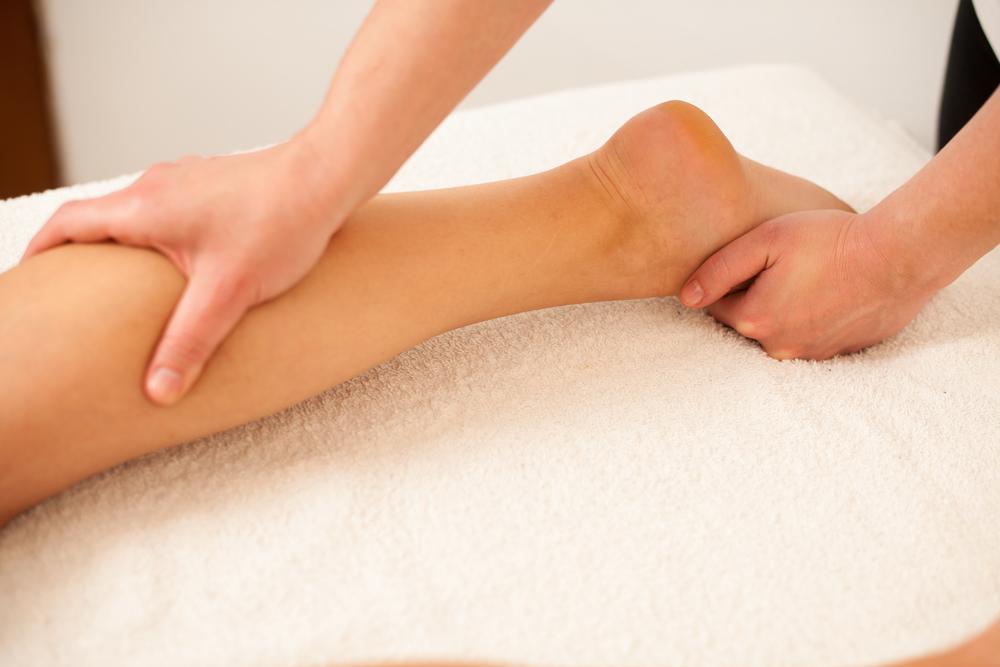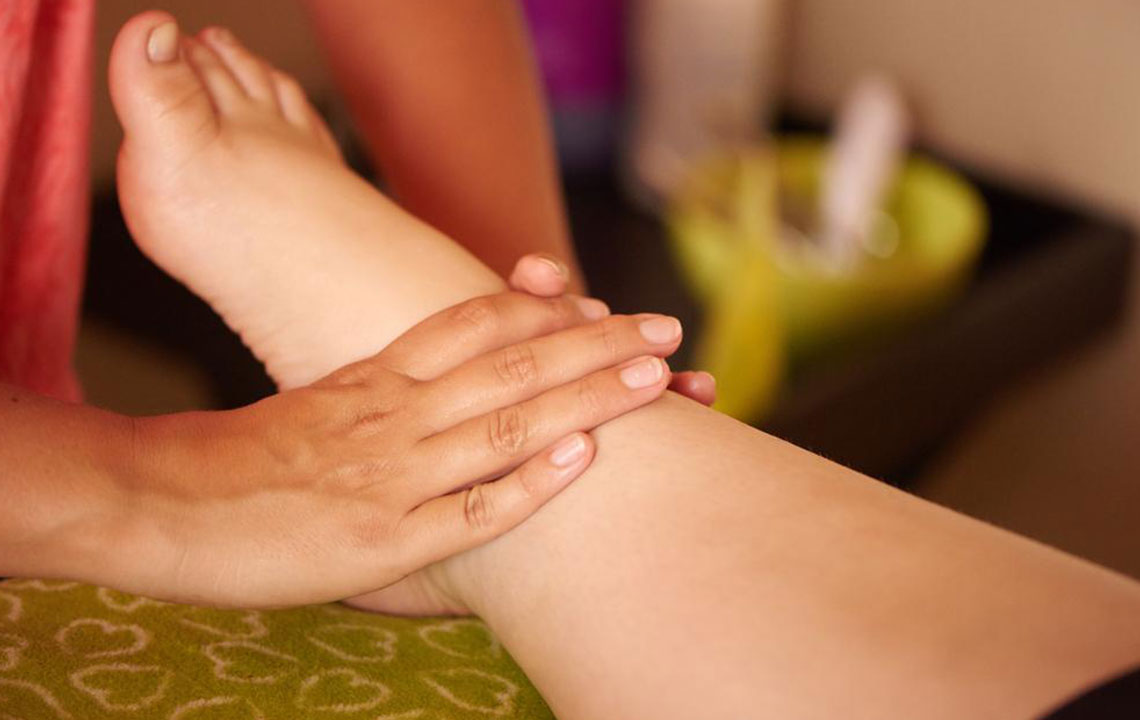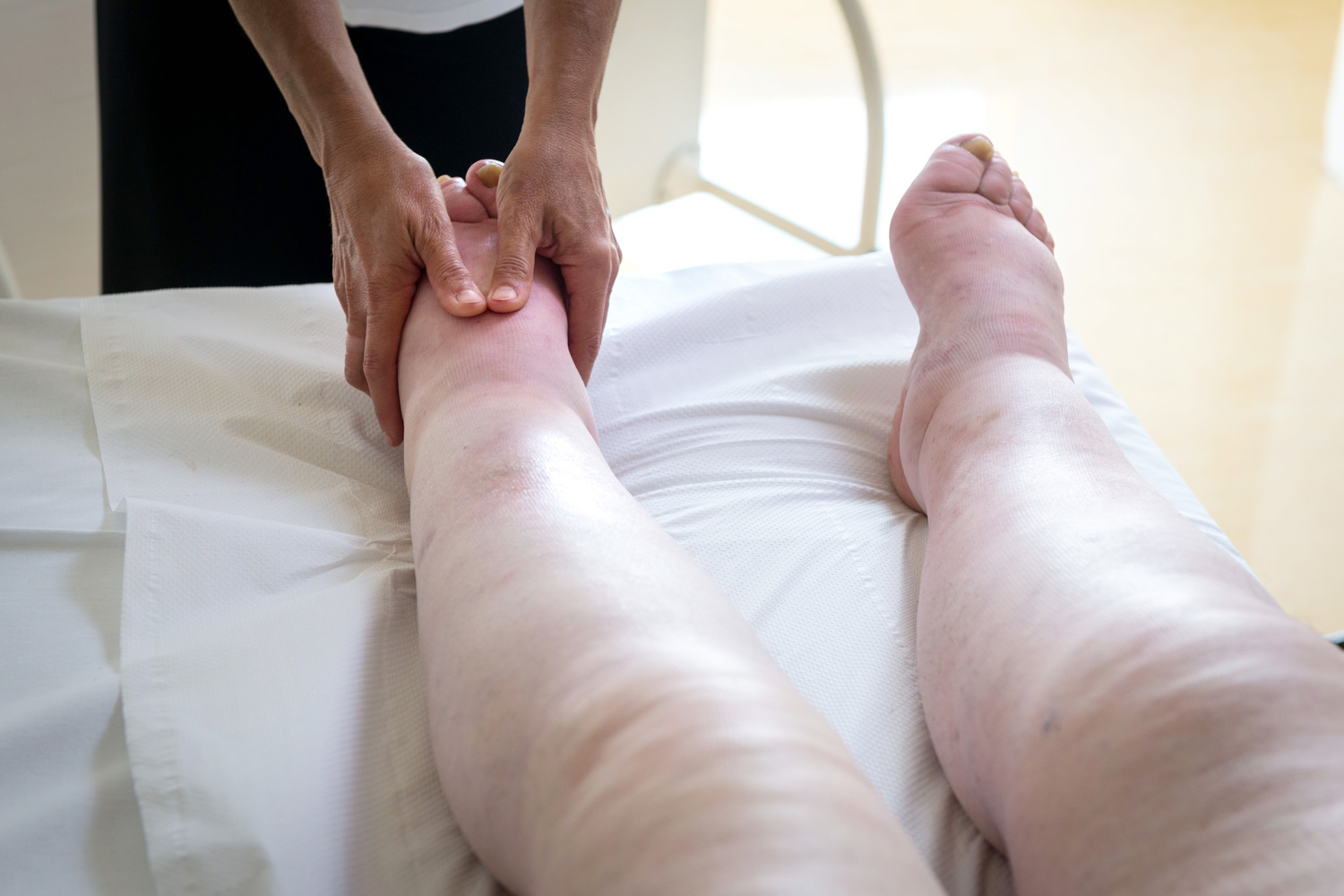Effective Strategies for Foot Swelling Relief: Causes and Treatments
This article explores common causes of foot swelling, including lifestyle factors and health issues, and outlines practical relief methods such as elevation, exercise, compression wear, and home remedies. Recognizing symptoms early and seeking medical advice can prevent complications and promote quicker recovery.

Understanding and Addressing Foot Swelling: Causes and Remedies
Swelling in the feet, known as edema, can result from multiple causes. Standing for long periods, carrying extra weight, or fluid buildup during pregnancy are common contributors. Certain medications, including antihypertensives, steroids, or antidepressants, might induce swelling. Underlying health conditions like liver, heart, or kidney disorders, injuries, blood clots, or infections also play a role. Additionally, issues like lymphatic blockage, venous insufficiency, or high salt intake can lead to edema. Seeking medical advice ensures accurate diagnosis and appropriate treatment.
Symptoms may include gradual or sudden swelling that worsens over the day. If combined with headaches, abdominal discomfort, or difficulty breathing, immediate healthcare consultation is vital. Factors increasing risk include diabetes, pregnancy, cardiovascular or organ abnormalities, and a diet high in salt and carbs. Pitting edema, where pressing leaves an indentation, can develop if swelling persists. To alleviate discomfort, elevating the feet, light movement, wearing compression stockings, and gentle massages are recommended.
Raise your legs: Elevation enhances blood flow and decreases fluid retention.
Stay active: Walking or yoga promotes circulation and reduces swelling.
Wear compression gear: Stockings or sleeves help support venous return.
Perform massages: Gentle leg and foot massages facilitate fluid movement and relieve pressure.
Choose suitable footwear: Opt for comfortable, non-constricting shoes and socks.
Manage weight: Achieving a healthy weight lessens fluid buildup and improves overall health.
Epsom salt baths: Soaking feet in Epsom salt water for 15-20 minutes can alleviate swelling and soreness, especially for non-diabetic individuals—ensure water temperature is appropriate.
Magnesium supplementation: Taking 200-400 mg of magnesium may help reduce water retention; consult your healthcare provider first.
Lemon water: Drinking warm lemon water aids detoxification, decreases fluid retention, and maintains hydration.


